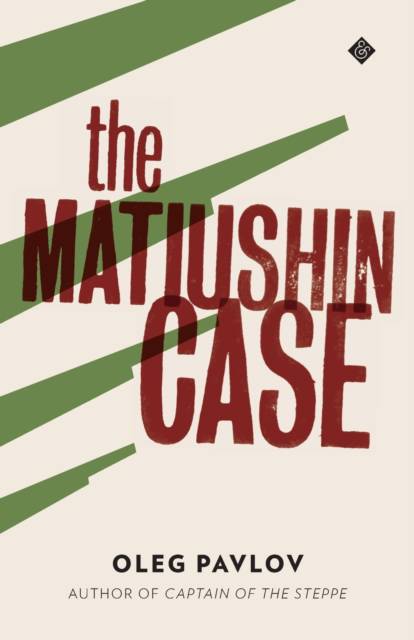
- Retrait gratuit dans votre magasin Club
- 7.000.000 titres dans notre catalogue
- Payer en toute sécurité
- Toujours un magasin près de chez vous
- Retrait gratuit dans votre magasin Club
- 7.000.000 titres dans notre catalogue
- Payer en toute sécurité
- Toujours un magasin près de chez vous
Description
The Matiushin Case is among the most powerful recent works of Russian fiction. Deriving, like Captain of the Steppe (2013, And Other Stories), from Oleg Pavlov's experience of the declining Soviet Union, it follows Matiushin, a young man damaged by brutality at home and then in the army. Drawing on Aleksandr Solzhenitsyn's "labor-camp writing," Oleg Pavlov builds a unique tension between the horrors of conscription and the dreamlike, timeless mode of his writing. Matiushin's "crime and punishment" thus emerge with compelling inevitability; the victim turns killer. This hell is above all psychological--and no less universal than those of Dante or Dostoevsky.
Oleg Pavlov is one of the most highly-regarded contemporary Russian writers. He won the Russian Booker Prize in 2002 and the Solzhenitsyn Prize in 2012.
Spécifications
Parties prenantes
- Auteur(s) :
- Editeur:
Contenu
- Nombre de pages :
- 260
- Langue:
- Anglais
Caractéristiques
- EAN:
- 9781908276360
- Date de parution :
- 15-07-14
- Format:
- Livre broché
- Format numérique:
- Trade paperback (VS)
- Dimensions :
- 132 mm x 196 mm
- Poids :
- 258 g







